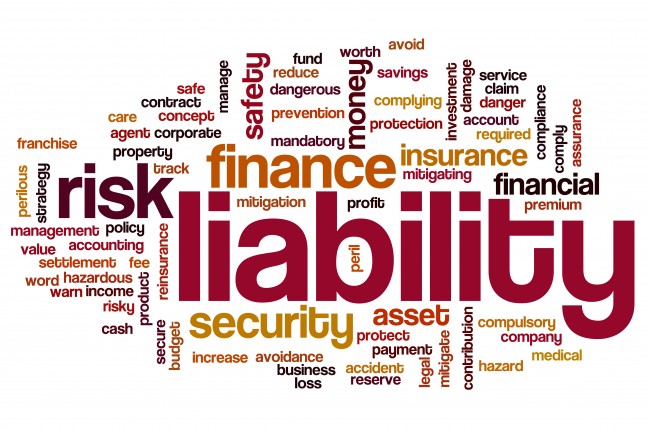
So you have finally got a judgment against a person for the sum of money that he owes you. The next step is to actually realise the money and often that can take time.
The Problem: Say that while you negotiate a payment plan for your judgment sum to be paid to you, the debtor sells his house to a third party, takes the cash and blows it at the Casino?
One way to secure your debt is to ask the Court for a Charging Order. The Court can grant such an order once a judgment sum has been determined, under section 8 of the Enforcement of Judgments Act (SA) 1991.
The Court will generally grant such an order if a judgment has been obtained but it has discretion to refuse it. For example, the Court may refuse if you already have security over another piece of land that is likely to cover the debt.
This order can then be registered at the Lands Titles Office on land owned by the debtor. The Charging Order acts like a caveat and prevents dealing in the land without satisfaction of the debt. So, the debtor cannot sell or even refinance his mortgage without first paying you what you are owed.
However, it is important to note that the Charging Order has to ‘queue up’ behind other registered interests in the land. For example, if a Charging Order is registered on the title where the land is already subject to a mortgage, the mortgagee will have priority in recovering its interest before you. Even so, there is often some equity in land left over after a Bank or other mortgagee gets its money back, in which case the Charging Order can be a good way of helping you get a return on your legal action.
For further information please contact Peter on 8362 6400 or email Peter Jakobsen. Join our mailing list to receive updates and advice on current issues.







